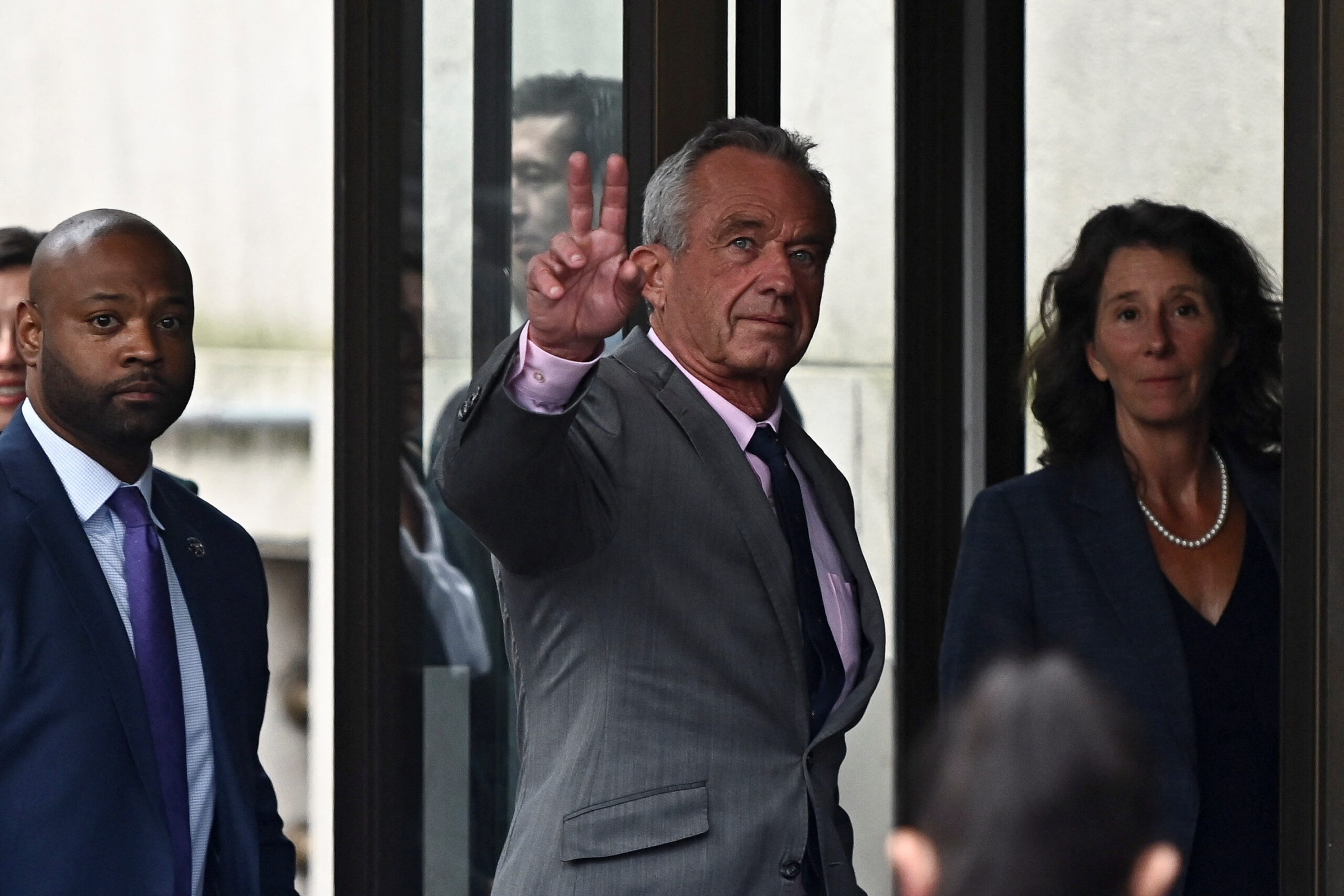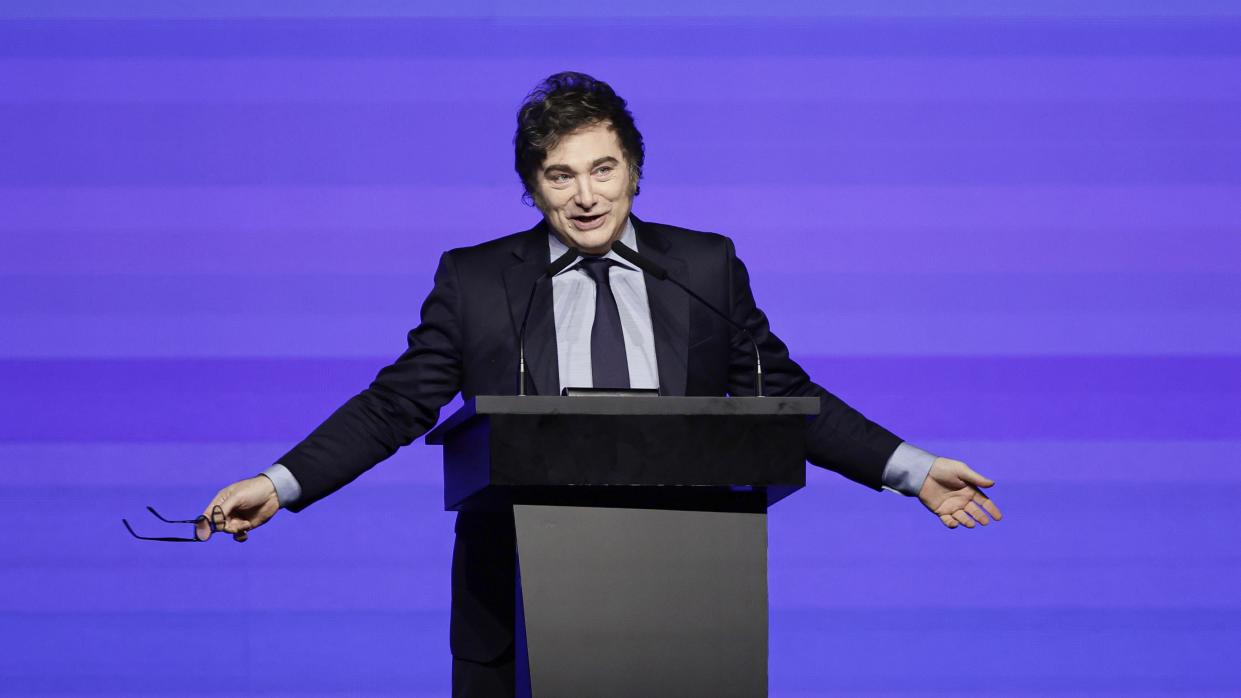In a high-stakes meeting at Argentina’s Casa Rosada, U.S. Health and Human Services Secretary Robert F. Kennedy Jr. and Argentine President Javier Milei stood shoulder to shoulder, confirming their shared intent to exit the World Health Organization and launch a new global health order.
The Tuesday meeting, rich in symbolism and political messaging, solidified a rare cross-continental partnership. One that rejects the status quo of global health governance in favor of what both leaders call real science, national sovereignty, and individual freedom.
Kennedy, appointed under former President Trump, praised Milei’s decision to officially pull Argentina from the WHO, a move that Trump himself has pledged to echo if re-elected, under his “Make America Healthy Again” (MAHA) initiative.
Two Outsiders, One Vision

It’s an unusual pairing, yet oddly fitting. Milei, the chainsaw-wielding libertarian economist, has captivated Argentina with sweeping austerity reforms. Kennedy, a longtime skeptic of pandemic-era mandates, now leads America’s health policy with a mission to undo what he sees as bureaucratic overreach.
Their meeting was more than a diplomatic handshake. It was a declaration of rebellion against what they characterize as a broken global health system.
“The WHO’s prescriptions do not work because they are not based on science but on political interests and bureaucratic structures that refuse to review their own mistakes,” Milei’s government said in a blistering statement.
It referred to the organization’s pandemic policies as a “caveman quarantine.”
Kennedy Calls for Global Rethink
In lockstep, Kennedy has been urging other nations to consider the same path. Speaking recently at the World Health Assembly, he argued that the WHO is no longer a neutral health body but rather a tool for foreign powers and corporate giants.
After Tuesday’s meeting, he took to X to summarize the moment:
“I had a wonderful meeting with President Milei about the mutual withdrawal of our nations from the WHO and the creation of an alternative international health system… free from totalitarian impulses, corruption, and political control.”
Milei’s Sharp Pivot—and a Golden Chainsaw
The backdrop of this policy revolution is Milei’s radical economic transformation of Argentina. From slashing public sector salaries to ending costly energy subsidies, his administration has imposed tough medicine, and it’s beginning to show results. Inflation is falling. For the first time in nearly 15 years, Argentina posted a budget surplus.
On the conference table during the Kennedy meeting? A gold-painted chainsaw, Milei’s now-iconic symbol of his war on bloated government.
A New Health Order?

The emerging U.S.-Argentina partnership could have ripple effects far beyond Latin America. With Milei becoming the first foreign leader to publicly endorse Trump’s WHO withdrawal strategy, other nations may follow.
Both administrations emphasized that the new alliance would be rooted in “transparency, science-based decision-making, and independence from politicized global agencies.”
Milei’s office didn’t mince words. The WHO, they claimed, prioritizes control over correction. Kennedy echoed the sentiment, saying international health bodies must serve the people, not power.
Critics Warn of Risks
Not everyone is applauding. Opposition leaders in Argentina and global health experts have raised concerns, warning that quitting the WHO could jeopardize vaccine access, emergency coordination, and critical funding.
Still, Milei and Kennedy remain undeterred. Argentina’s health minister praised the “shared vision” and described the countries’ plan as a blueprint for health sovereignty in the 21st century.
The Bigger Picture
This meeting marks more than just a diplomatic check-in, it signals a clear pivot in global health politics. As Washington and Buenos Aires draw closer, both nations appear determined to lead a movement that challenges the legacy institutions of the pandemic era.
While some see danger in retreating from international coordination, others view it as long overdue course correction.
Either way, the message is unmistakable: Milei and Kennedy are done playing by the old rules. And they’re betting others will be, too.



